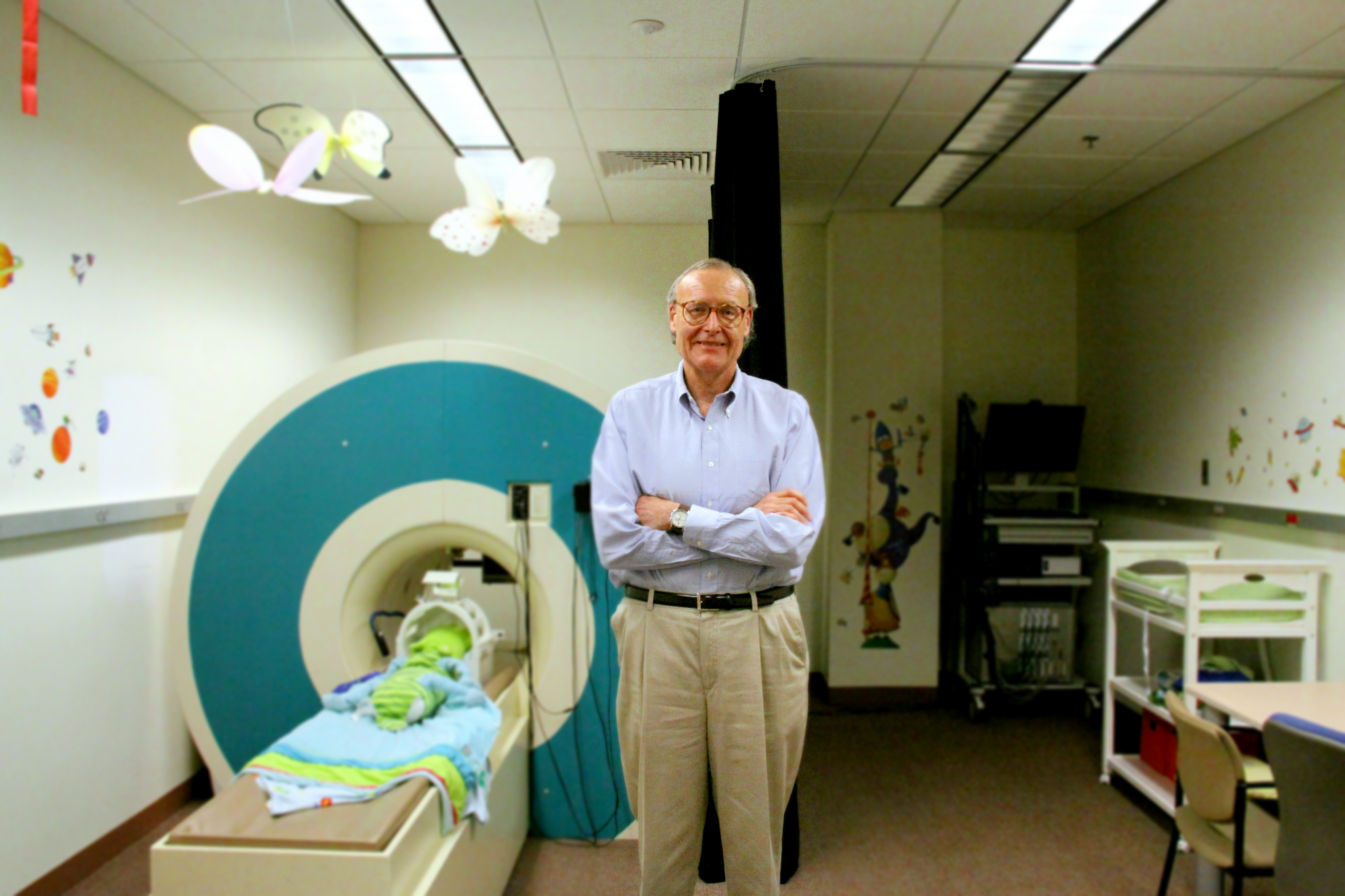
Award-winning actress and singer Rita Moreno rapped her commencement address during Berklee College of Music commencement ceremonies in Boston. (Michael Dwyer/Associated Press)
When award-winning actress and singer Rita Moreno took the stage earlier this month to deliver the commencement address at Berklee College of Music, she used an unlikely technique: rap.
"Your talent may be terrific, your writing prolific, but do you have the motivation to use your creation for this generation?" Moreno rapped.
The graduates loved it.
Wrapping up her eight-minute speech, the actress - known for her role in West Side Story and appearances on Sesame Street - said she found inspiration in the Broadway smash hit Hamilton.
"Permit me this small epilogue, let's clear the fog. It's Mr. Hamilton that brought the rhyme to mind. Damn, I've seen that play three time! Burnt in my mind!" Moreno continued.
Few commencement speeches are burnt in anyone's mind; most go in one ear and out the other.
Related: Who's Speaking At Boston-Area Graduation Ceremonies This Year?
"We're assuming that the commencement speeches are so similar, one to the other, that it's hard to recollect any specific element of any particular speech,” said John Gabrieli, who conducts research at MIT’s McGovern Institute for Brain Research and teaches in MIT’s Department of Brain and Cognitive Sciences.

John Gabrieli directs the Athinoula A. Martinos Imaging Center at MIT’s McGovern Institute for Brain Research where he scans brain images and researches memories. (Kirk Carapezza/WGBH)
The neuroscientist and longtime academic says he’s heard his fair share of commencement speeches, but doesn’t remember many details because he suffers from what he calls "commencement amnesia."
"I have a vague sense of many speeches that I've heard. I've enjoyed them, and then 15 minutes later, the only thing I seem to remember is that a commencement is a beginning, not an ending," Gabrieli said.
LISTEN: Callie Crossley's Commentary on Commencement Speeches and Free Speech
The vast majority of commencement speeches follow the same formula and impart the same pearls of wisdom. According to Gabrieli, that’s partly why most of them are forgettable.
"If the speaker gets up and says good things - encourages us to follow our passions, to be good to fellow citizens, to care about one another - those are really great, great values but we hear them all the time. So exactly what we expect from a commencement speech is exactly what we would have thought going in and coming out so it doesn’t stand out in our memory,” Gabrieli said.
So what tips does the MIT neuroscientist have for speakers hoping to be memorable?
Tip No.1: Know and surprise your audience.
"Saying something completely unexpected in the traditional commencement speech is a powerful device [but] it's also a risky one, because the very thing that makes something unexpected is that it's not the usual, nice comments at a commencement,” Gabrieli said.
Tip No.2: Give your speech some feeling.
"Reach for the heart. Memory remembers things that are emotion and a little bit of humor is always effective for people to feel good about an experience they’ve had,” Gabrieli said.
Gabrieli gives major props to Moreno's speech at Berklee, which set the bar pretty high for thousands of speeches to come later this month.
"I think that combination of the unexpected and taking advantage of the human ability to remember things on the basis of rhyme was probably a brilliant combination," Gabrieli said.
Earlier: Lights, Camera, Classroom: Harvard Business School Goes Viral










